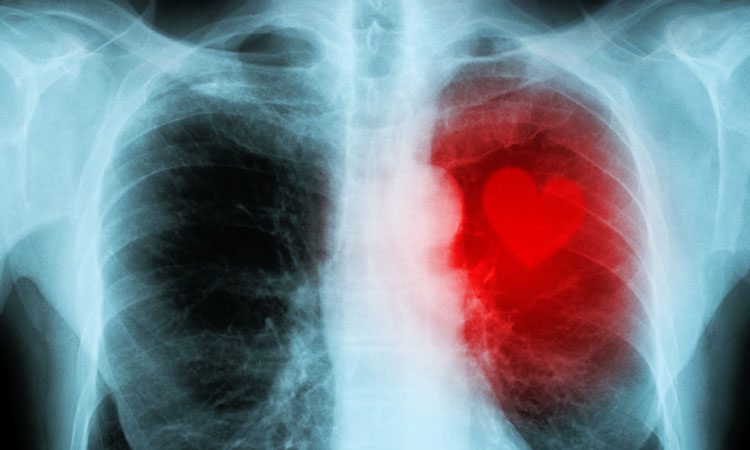CAR T-cell therapy could be harnessed to treat heart disease
Posted: 11 September 2019 | Rachael Harper (Drug Target Review) | No comments yet
New study finds immunotherapy reduces cardiac fibrosis and restores heart function in mice after cardiac injury.


A new study has found that CAR T-cell therapy may be a viable treatment option for heart disease, providing potential new treatment routes.
Researchers at Penn Medicine, US used genetically modified T cells to target and remove activated fibroblasts that contribute to the development of cardiac fibrosis – a scarring process found in most forms of heart disease that results in heart stiffness and decreased function of the heart.
The team found the approach significantly reduced cardiac fibrosis and restored heart function in mice with heart disease caused by high blood pressure.
In the study, researchers launched a genetic proof-of-concept experiment using mice that can express an artificial antigen (OVA) on cardiac fibroblasts. The mice were treated with agents to model hypertensive heart disease. To selectively target the OVA proteins expressing cardiac fibroblasts, the team treated one cohort of mice with engineered CD8+ T cells that express a cognate T-cell receptor against the OVA peptide. At the four-week mark, the mice who were treated with the re-engineered cells had significantly less cardiac fibrosis, whereas the mice in the control groups still had widespread fibrosis.
Researchers then sought to identify a protein specifically expressed by activated fibroblasts that they could program the genetically modified T cells to recognise and attack. Using an RNA sequence database, the team analysed gene expression data of patients with heart disease and identified the target: fibroblast activation protein (FAP), a cell surface glycoprotein.
They then transferred engineered FAP CAR T-cells into mice at the one and two week marks, aiming to target and deplete FAP-expressing cardiac fibroblasts. Within a month, researchers saw a significant reduction of cardiac fibrosis in the mice that were treated with the engineered cells, as well as improvements in diastolic and systolic function.
“We’ve seen enormous progress in the treatment of certain cancers via the use of engineered T cells. Our findings suggest that this approach may extend beyond cancer and serve as an effective treatment for heart disease,” said first author Haig Aghajanian, PhD.
The study was published in Nature.
Related topics
Protein, Research & Development, RNAs, t-cells, Targets
Related conditions
Heart disease
Related organisations
Penn Medicine
Related people
Haig Aghajanian PhD



